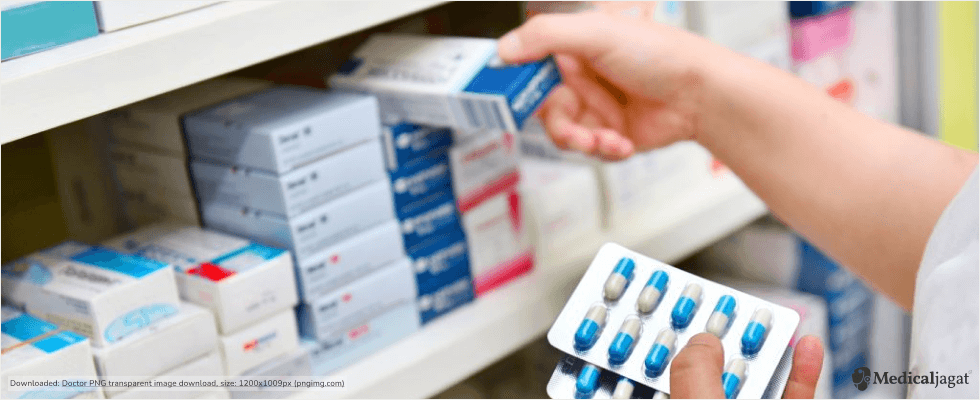
The government report reveals that cough syrup samples from more than 100 pharma units in the country have failed quality tests. It says that some samples had the same traces of toxins present in the cough syrups that caused the death of children in Gambia, Uzbekistan, and Cameroon.
The report of the Central Drugs Standard Control Organisation stated that for sub-standard batches, it regards them as “not of standard quality” (NSQ) for parameters all because of diethylene glycol (DEG) or ethylene glycol (EG). It flagged this issue as a "matter of concern." The report, presented to the health ministry, noted that these batches failed quality tests for parameters including DEG/EG, assay, microbial growth, pH, and volume. Of the 7,087 batches analyzed, 353 were declared NSQ, and nine failed due to the presence of DEG and EG.
The report attributed the failures related to DEG/EG to "unsecured supply chains and failure to test the propylene glycol bulk for DEG/EG, among other reasons." Various laboratories, both government-run and private, have conducted tests following reports linking India-made cough syrups to 141 child fatalities globally. Indian cough syrups were recently in the spotlight after the WHO in October this year associated the death of approximately 70 children in Gambia due to acute kidney injury (AKI) with cough and cold syrups produced in India.
The CDSCO with the help of the state drug control departments has been physically auditing the producers of cough syrups and suppliers of propylene glycol to establish the supply chain pictorial view. "We have sensitized manufacturers on the use of pharma-grade propylene glycol," an official stated. In May last year, the Drugs Controller General of India (DCGI) directed state drug controllers to instruct their state-owned NABL-accredited laboratories to prioritize analyzing samples from cough syrup manufacturers for export and issue test reports promptly.
The Directorate General of Foreign Trade (DGFT) also required that the export of cough syrup should obtain CoA from the government laboratory by starting last June. A case series study done by the US Centres for Disease Control and prevention (CDC) and Gambia scholars examining the deaths in the small west African country noticed that the importation of contaminated drugs led to AKI clusters among children through diethylene glycol (DEG) and ethylene glycol (EG).













